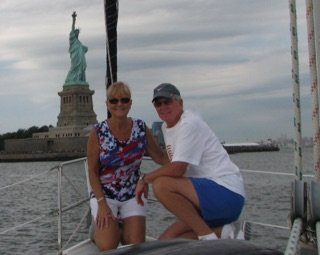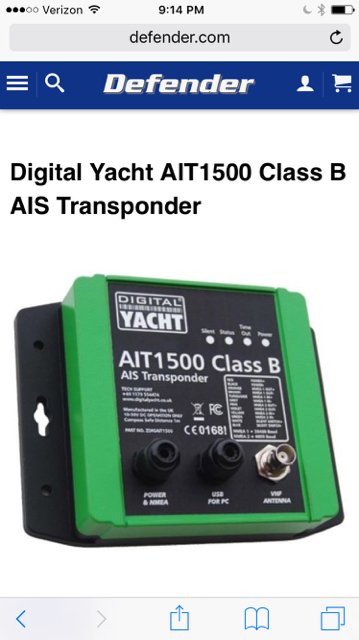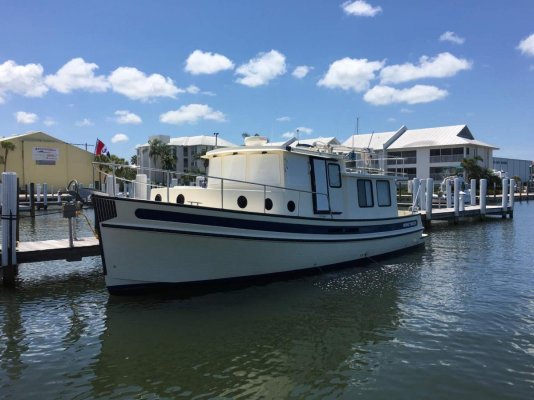With a class B AIS transceiver, personally I'd prefer to have a separate VHF it's not a big deal to some people but with a single antenna there is a time-sharing issue... So anytime you're talking on the radio keying the Mike, AIS will pause. It will stop sending your boats data and you also might drop AIS targets for a moment. You could probably stand the short interruptions but it's just a cleaner installation to have two antennas and I think AIS deserves its own antenna.
We plan to do the loop and one place e transceiver is really useful is the Mississippi River so that you and tugs/barges can see each other around bends in the river...
As someone pointed out, this unit uses separate antennas for VHF and AIS. Based on that information (you can see the two antenna connections in the photo), this unit will meet your needs.




